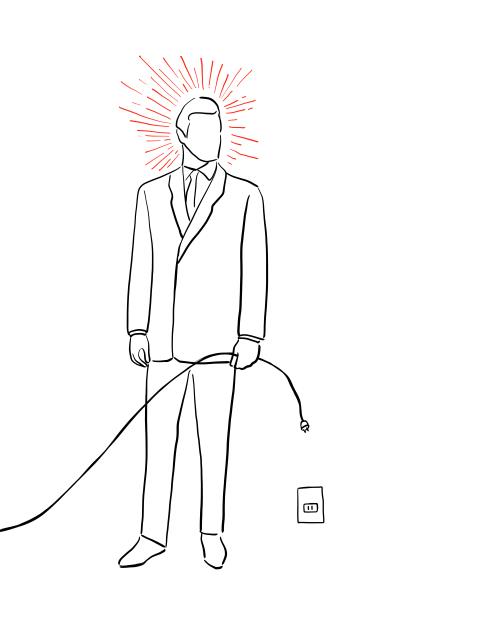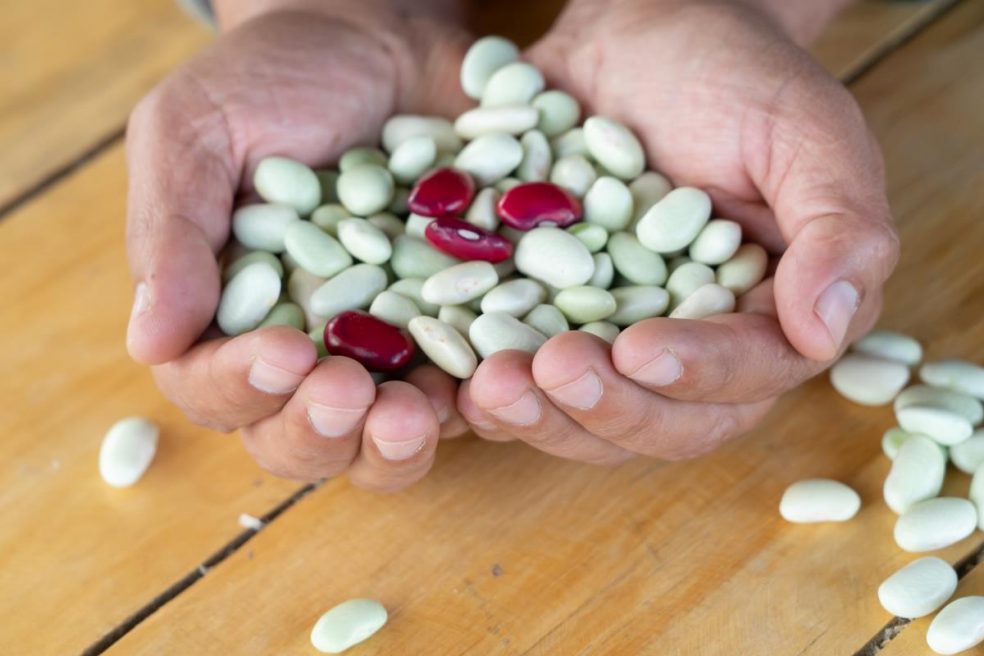How Carbohydrates and Protein Feed Your Brain
In part 1 of this 3-part series the importance of consuming omega 3 and 6 fats for optimal brain structure and function was introduced.
The brain’s potential to be a beautifully orchestrated and optimally functioning network can also be influenced by the next two foundation foods: carbohydrates and protein.

Carbohydrates
Carbohydrates are the brain’s preferred source of energy. Although the brain can also use ketones as a form of fuel, which are derived from fats, there are no long-term studies to suggest it’s a better form of fuel than carbohydrates are, unless epilepsy is a challenge.
Due to the size of our brain, which clearly doesn’t have any storage capacity, along with its huge energy requirements, which can use upwards of 20% of the carbohydrates we eat, the type of carbohydrates that we consume can play a significant role in our mental well-being.
Every neuron is filled with thousands of mitochondria, tiny energy-producing factories that ensure neurons have enough energy to work 24/7. Mitochondria use carbohydrates to create energy. Nutrient-dense, colourful, and fibre-filled carbohydrates ensure they get an ample supply via stable blood glucose levels, which leads to stable moods, memory, learning, and energy levels.
Conversely, processed, and nutrient- and fiber-deficient carbohydrates result in unstable blood glucose levels which are accompanied by mood swings, cravings, learning challenges and weight gain, all of which are also signs of a brain struggling to maintain equilibrium and optimal mental health and well-being.
The brain doesn’t have any storage capacity but it has huge energy requirements
Unfortunately, chronic stress also leads to blood glucose levels becoming unstable. Adding refined carbohydrates to the mix hampers the brain’s ability to maintain and support optimal moods and cognitive capacity.
The best kinds of carbohydrates are ones as close to nature as possible, and therefore nutrient-dense, colourful and fibre-full. Starchy carbohydrates, like potatoes and rice, can be consumed regularly if you are physically active and don’t put on weight when you eat them.

Protein
Neurons communicate with each other via tiny chemical messengers called neurotransmitters and are created using amino acids, the building blocks of protein.
Our liver produces up to 60% of the amino acids we need, while the other 40% must be obtained directly from our diet.
Amino acids are linked together in specific sequences to make the variety of neurotransmitters our neurons need to function efficiently.
Some of these important messengers cause feelings of stimulation and motivation in our brain, while others cause feelings of calmness and sleepiness. These contrasting feelings are created by different neurotransmitters relaying different messages depending on our environment.
As an example, think about the difference between feeling excited and upbeat while you watch an exciting and interesting movie, compared to the feeling of being safely settled in your bed before falling asleep. Different neurotransmitters determine these different emotions.
Our liver produces up to 60% of the amino acids we need, while the other 40% must be obtained directly from our diet.
However, if our liver or digestive system is compromised, the synthesis of these neurotransmitters is hampered, leading to challenges with motivation, learning, mood management and sleep.
Animal flesh and plant forms of protein both provide the amino acids the brain needs for optimal functioning. However, some evidence suggests that a diet which incorporates both, such as the Mediterranean diet, leads to better mental health over a lifetime.
If you are a vegetarian, have your bloods checked regularly, as you may become iron deficient, and will then have to supplement with this nutrient. If you’re a vegan, do the same and check iron, B12 and zinc regularly, and if deficient supplement with evidence-based supplements.
These foundational nutrients, carbohydrates and protein, along with the fats discussed in part 1, support brain communication by providing energy for neuronal communication via the right carbohydrates and enable neurotransmitter production and signaling via protein.
The brain is also in need of specific vitamins and minerals, which are supplied when the right fats, carbohydrates and protein are consumed. Keep in mind, when processed foods are consumed, versus whole, nutrient-dense foods, the brain is adversely affected by nutrient deficiencies, food additives, and food intolerances.
In Part 3 we discuss gut health, so that we can use these nutrients optimally, to fuel physical and mental health and well-being.
About the author. Dr. Delia McCabe. Delia’s research has been published in several peer-reviewed journals, she is a regular featured expert in the media, and her two books, translated into four languages, are available internationally. Delia uses her psychology background, combined with nutritional neuroscience and neurological perspectives, to support behaviour change and stress resiliency within corporates.
If you would like Delia to help your workforce reap the benefits of having a fully fueled brain, reach out to us and we’ll make it happen for you.

